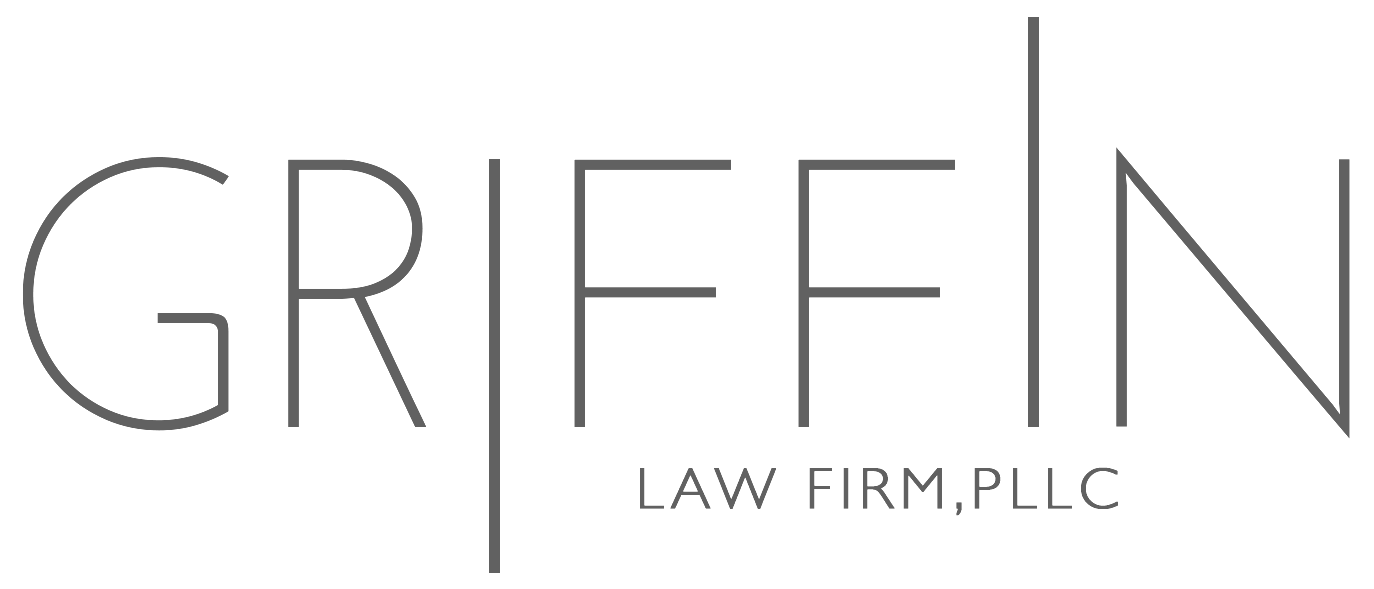R Jason Griffin | Aug 27 2025 16:00
Maximizing Tax Savings with Qualified Small Business Stock (QSBS)
For business owners exploring tax-efficient strategies, one of the most powerful yet underutilized benefits in the tax code is the Qualified Small Business Stock (QSBS) exemption under Section 1202. This provision can provide extraordinary tax savings for C corporation owners who meet specific requirements.
Understanding the QSBS Advantage
Section 1202 allows individuals to avoid paying taxes on up to 100% of the taxable gain recognized on the sale of qualified small business corporation stock. This can create an effective tax rate savings of up to 23.8% for federal income tax. Many states also follow the federal treatment, providing additional tax savings that can be substantial.
To put this in perspective, imagine selling your business for a $20 million gain. Without QSBS treatment, you could face federal taxes of nearly $5 million. With proper QSBS planning, that tax liability could be reduced to zero.
Key Benefits of QSBS Treatment
Substantial Tax Savings: The exemption allows non-corporate founders and investors to potentially exclude up to 100 percent of the U.S. federal capital gains tax when selling their stake in the business.
Generous Exclusion Limits: The gain exclusion applies to the greater of $10 million or 10 times the aggregate adjusted basis of the stock at the time of issuance. This means that even substantial business sales can qualify for complete tax exemption.
Comprehensive Tax Relief: Gain from the sale of QSBS is eligible for 100 percent exclusion from the alternative minimum tax (AMT) and 100 percent exclusion from the 3.8 percent net investment income tax. This triple exemption can result in significant overall tax savings.
Qualification Requirements
While the benefits are substantial, meeting the requirements demands careful planning and attention to detail:
Holding Period Requirements: The stock must be held for more than five years before it's disposed. This long-term commitment is essential for maximizing the tax benefits.
Asset Limitations: The company must have had gross assets of $50 million or less at all times before and immediately after the equity was issued. This threshold requires monitoring as your business grows.
Active Business Test: At least 80% of a company's assets must be actively used in a qualified trade or business. Passive investments or excessive cash holdings can jeopardize qualification.
Business Type Restrictions: Certain industries are excluded from QSBS treatment, including professional service firms like law, accounting, and consulting practices, as well as hospitality and financial businesses.
Strategic Planning Opportunities
The QSBS benefit extends beyond simple tax savings on business sales. It can be a powerful tool for wealth transfer and succession planning.
Family Wealth Transfer: With proper planning, each recipient of a gift of QSBS is also eligible for the gain exclusion. This means you can potentially multiply the tax benefits across family members, creating significant wealth transfer opportunities.
Rollover Provisions: Even if you need to sell before the five-year holding period, options exist. If QSBS is not held for more than five years, but has been held for at least six months, Section 1045 generally permits a tax-free rollover of gain on the sale of the QSBS if the proceeds are reinvested within 60 days. This allows you to maintain tax benefits while repositioning investments.
Planning Considerations for 2025
With ongoing discussions about tax reform and potential changes to the tax code, now may be an optimal time to evaluate whether your business can benefit from QSBS treatment. The current favorable provisions have remained stable, but proactive planning ensures you can capture these benefits regardless of future legislative changes.
For businesses currently structured as LLCs or S corporations, converting to C corporation status may unlock QSBS opportunities, though this decision requires careful analysis of all tax implications.
Taking Action
The QSBS exemption represents one of the most significant tax planning opportunities available to small business owners. However, the complexity of the requirements and the potential for disqualification make professional guidance essential.
Success with QSBS planning requires understanding not just the current rules, but also anticipating how business decisions might impact future qualification. From maintaining proper asset ratios to ensuring business activities remain within qualified trades, ongoing compliance monitoring is crucial.
For business owners considering their long-term exit strategies or exploring ways to minimize tax burdens while building wealth, QSBS planning deserves serious consideration. The potential tax savings can be transformational, making the investment in proper planning and legal guidance well worthwhile.
What questions do you have about QSBS qualification for your business? Share your thoughts in the comments below.
